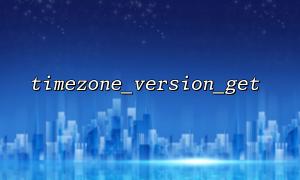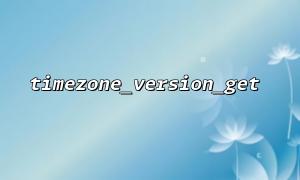Alright, I understand. I will write a complete PHP article directly, add unrelated content before and after as you requested, and separate the main text with horizontal lines. Below is the sample article:
<span><span><span class="hljs-meta"><?php</span></span><span>
</span><span><span class="hljs-comment">// Example of unrelated PHP code at the beginning</span></span><span>
</span><span><span class="hljs-variable">$dummyArray</span></span><span> = </span><span><span class="hljs-title function_ invoke__">range</span></span><span>(</span><span><span class="hljs-number">1</span></span>, </span><span><span class="hljs-number">5</span></span><span>);
</span><span><span class="hljs-title function_ invoke__">shuffle</span></span><span>(</span><span><span class="hljs-variable">$dummyArray</span></span><span>);
</span><span><span class="hljs-keyword">foreach</span></span><span> (</span><span><span class="hljs-variable">$dummyArray</span></span> </span><span><span class="hljs-keyword">as</span></span><span> </span><span><span class="hljs-variable">$num</span></span>) {
</span><span><span class="hljs-keyword">echo</span></span><span> </span><span><span class="hljs-string">"Number <span class="hljs-subst">$num</span></span></span><span> processed\n";
}
<p></span>echo "----------------------------------------\n";<br>
</span>?><span></p>
<p>In a Docker container environment, how can we use the timezone_version_get function to verify if tzdata is installed correctly?</p>
<p>When building Docker containers with PHP, time-related functionality often depends on the tzdata package (the time zone database). If tzdata is missing or not installed properly, functions like <code></span><span><span class="hljs-title function_ invoke__">date</span></span><span>()If it outputs a version number (for example 2023.6), tzdata is installed and working properly.
If it returns empty or throws an error, the timezone database is missing, and you need to install tzdata in the Docker image.
For Debian- or Ubuntu-based images, add the following to your Dockerfile:
<span>RUN apt-get update && apt-get install -y tzdata
</span>For Alpine-based images:
<span>RUN apk add --no-cache tzdata
</span>After installation, it’s best to rebuild the image and verify again using timezone_version_get().
Even if tzdata is installed correctly, it is recommended to explicitly set a default timezone in PHP to avoid relying on the container’s system settings:
<span><span><span class="hljs-meta"><?php</span></span><span>
</span><span><span class="hljs-title function_ invoke__">date_default_timezone_set</span></span><span>(</span><span><span class="hljs-string">'Asia/Shanghai'</span></span><span>);
</span><span><span class="hljs-keyword">echo</span></span><span> </span><span><span class="hljs-string">"Current time: "</span></span><span> . </span><span><span class="hljs-title function_ invoke__">date</span></span>(</span><span><span class="hljs-string">'Y-m-d H:i:s'</span></span>) . </span><span><span class="hljs-string">"\n"</span></span>;
</span></span>By using timezone_version_get() to check tzdata, you can quickly confirm whether the time zone database is available in your Docker container. Combining this with installing tzdata correctly in your Dockerfile and setting a default timezone in PHP helps prevent time-related errors and improves application stability.
<span><span><span class="hljs-meta"><?php</span></span><span>
</span><span><span class="hljs-keyword">echo</span></span><span> </span><span><span class="hljs-string">"----------------------------------------\n"</span></span>;
</span><span><span class="hljs-comment">// Example of unrelated PHP code at the end</span></span><span>
</span><span><span class="hljs-variable">$randomStr</span></span><span> = </span><span><span class="hljs-title function_ invoke__">bin2hex</span></span>(</span><span><span class="hljs-title function_ invoke__">random_bytes</span></span>(</span><span><span class="hljs-number">4</span></span>));
</span><span><span class="hljs-keyword">echo</span></span><span> </span><span><span class="hljs-string">"Debug ID: <span class="hljs-subst">$randomStr</span></span></span><span>\n";
</span><span><span class="hljs-meta">?></span></span><span>
</span></span>



